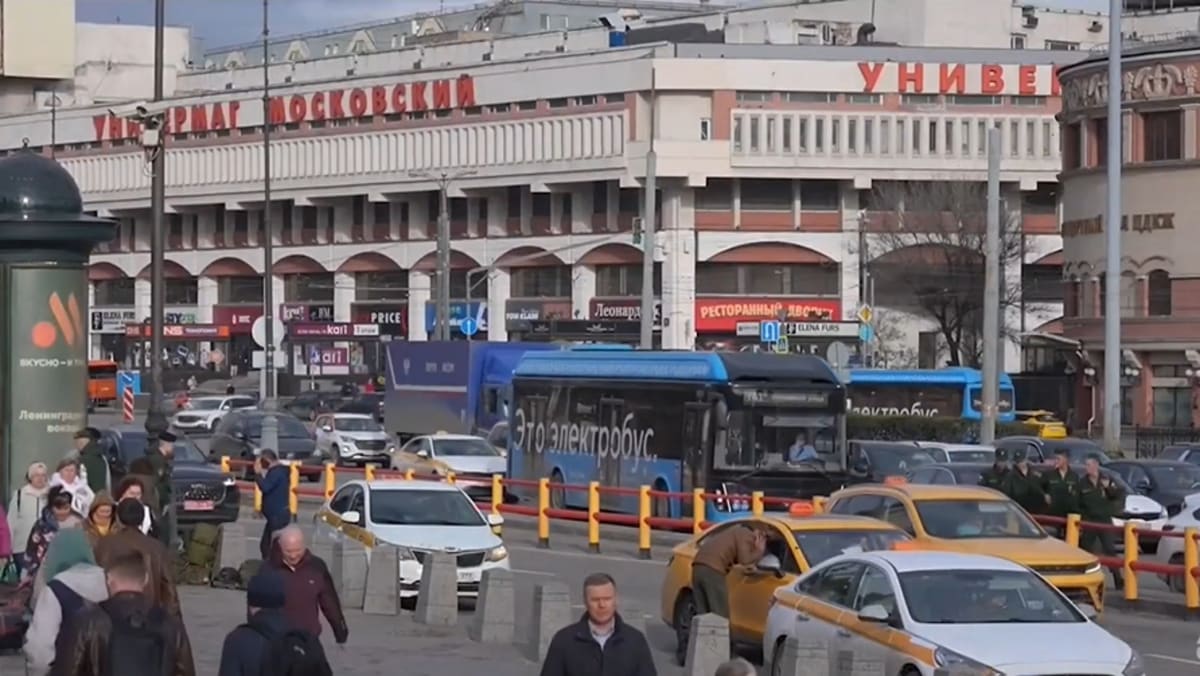RUSSIA COULD TIGHTEN MIGRATION LAWS
The attack at Crocus City Hall has also prompted a debate on Russia’s migration policies.
Russian President Vladimir Putin ordered the Interior Ministry and the Prosecutor General’s Office to develop additional measures surrounding migrants. Among them is a proposal to reduce the length of time that migrants can stay in Russia without a job.
The Interior Ministry also wants all foreigners to be photographed and have their fingerprints recorded when entering Russia. This comes amid lawmakers’ warnings that foreign intelligence could use migrant workers to infiltrate the country.
Even as the country makes efforts to tighten its laws, some citizens appear to be less concerned.
“Of course, I noticed tension among the people, among most of my acquaintances. But I am of the opinion that there are no bad nations or religions. I have a Muslim father, but I am myself an Orthodox and I respect religion, whatever it is,” said one Moscow resident.
MIGRATION POLICY NEEDS CHANGES
Analysts said Russia’s migration policy needs to be tweaked to prevent migrants from staying illegally.
Some suggested that the Interior Ministry, which is responsible for drafting and implementing government policy and legal regulation in the area of internal affairs, should not be charged with managing the process alone.
“The department is not the right one. Migration is a process and a phenomenon, it’s several issues in one. And it should be treated from all aspects,” said Mr Vyacheslav Postavnin, head of the Center for Analytical and Practical Studies of Migration Processes and former deputy director of Russia’s Federal Migration Service.
“These include demography, the labour market, humanitarian issues, adaptation and integration, psychology and everything – police functions and security are also important. But police functions are not the main part of migration policy.”
Lawmakers have been calling for an update to Russia’s migration policy for years. However, with Russia facing a labour shortage, it cannot afford to alienate its migrant workforce.
If the proposed changes deter migrants from seeking jobs in Russia, the country could face a new problem – where to find the manpower it desperately needs.
